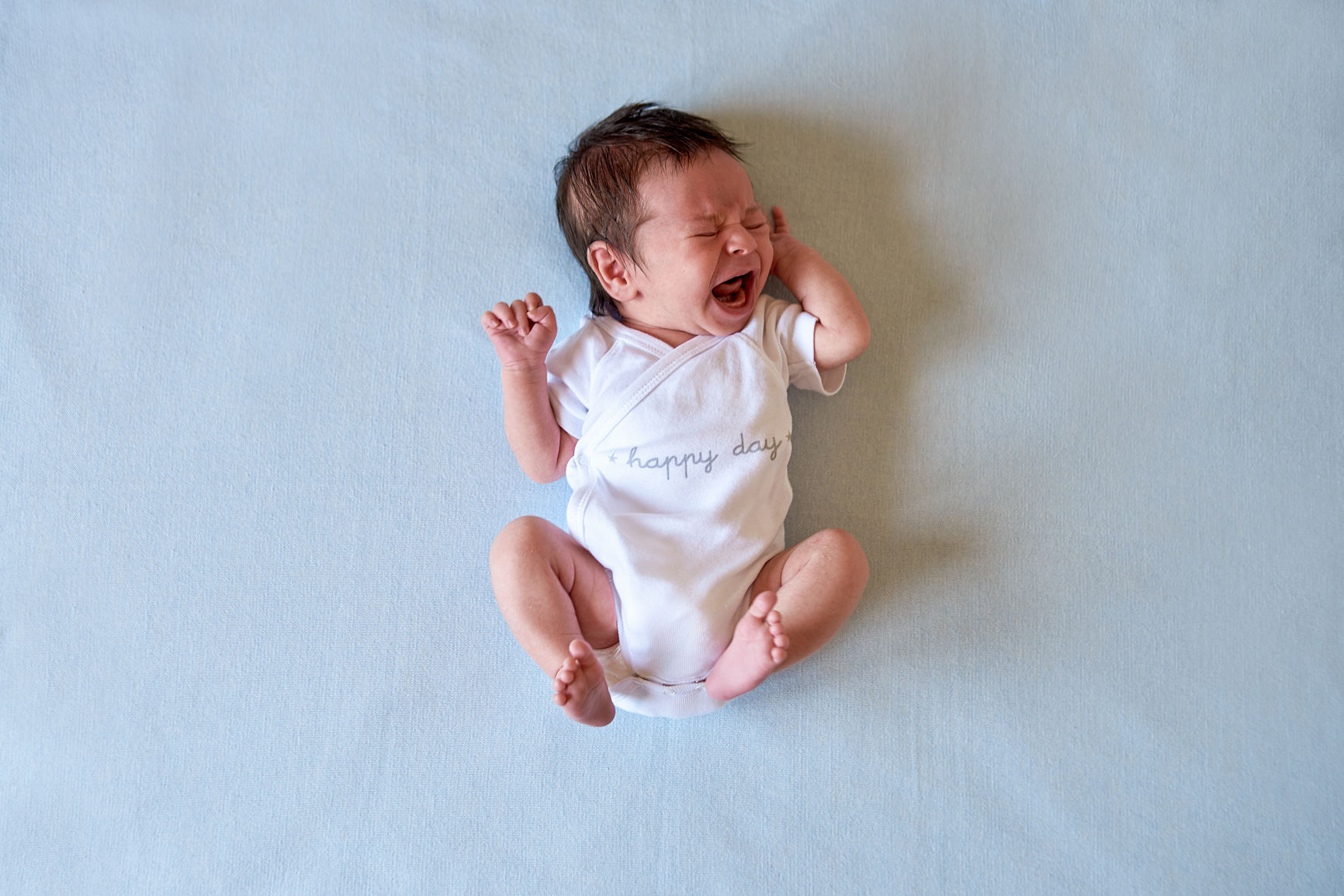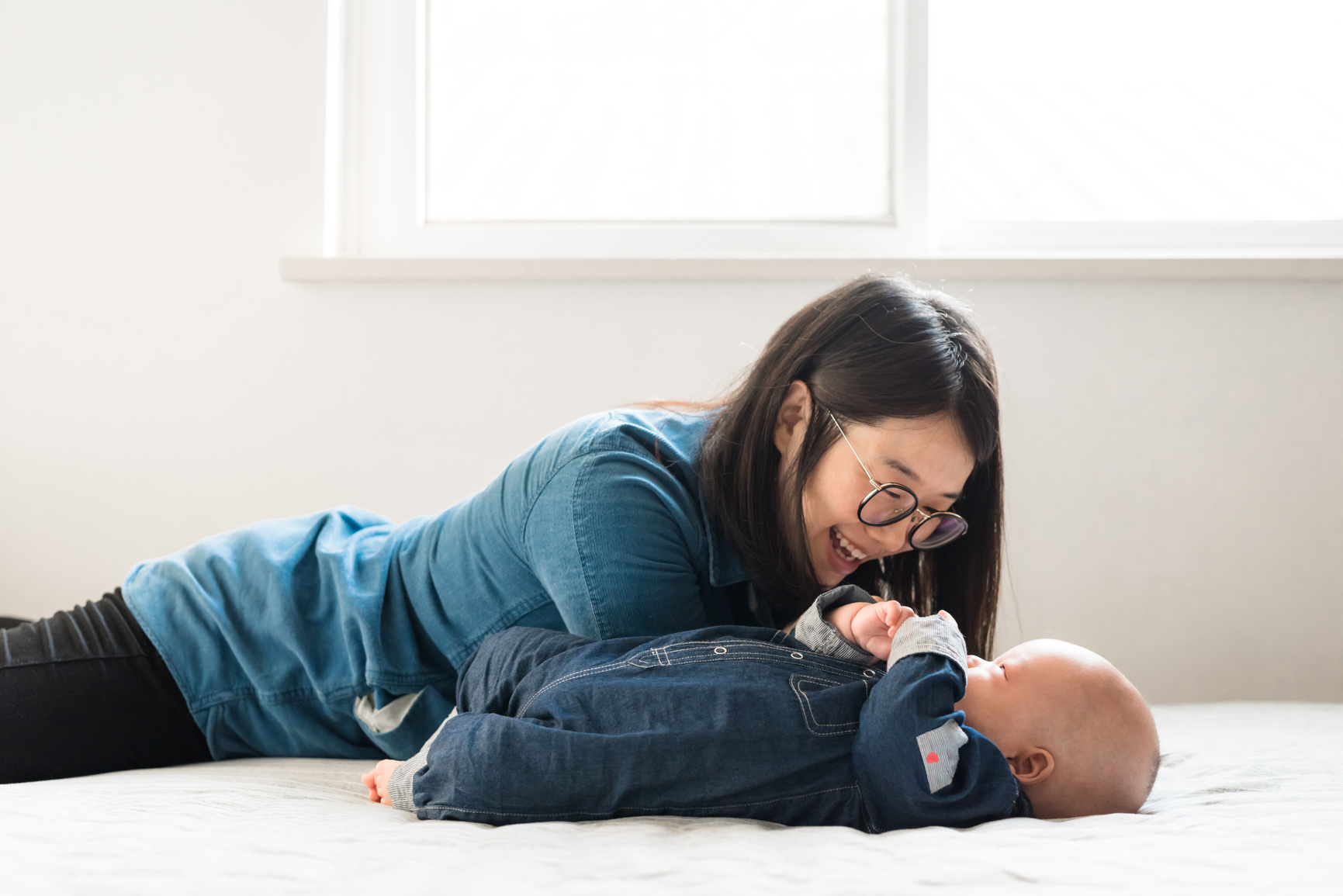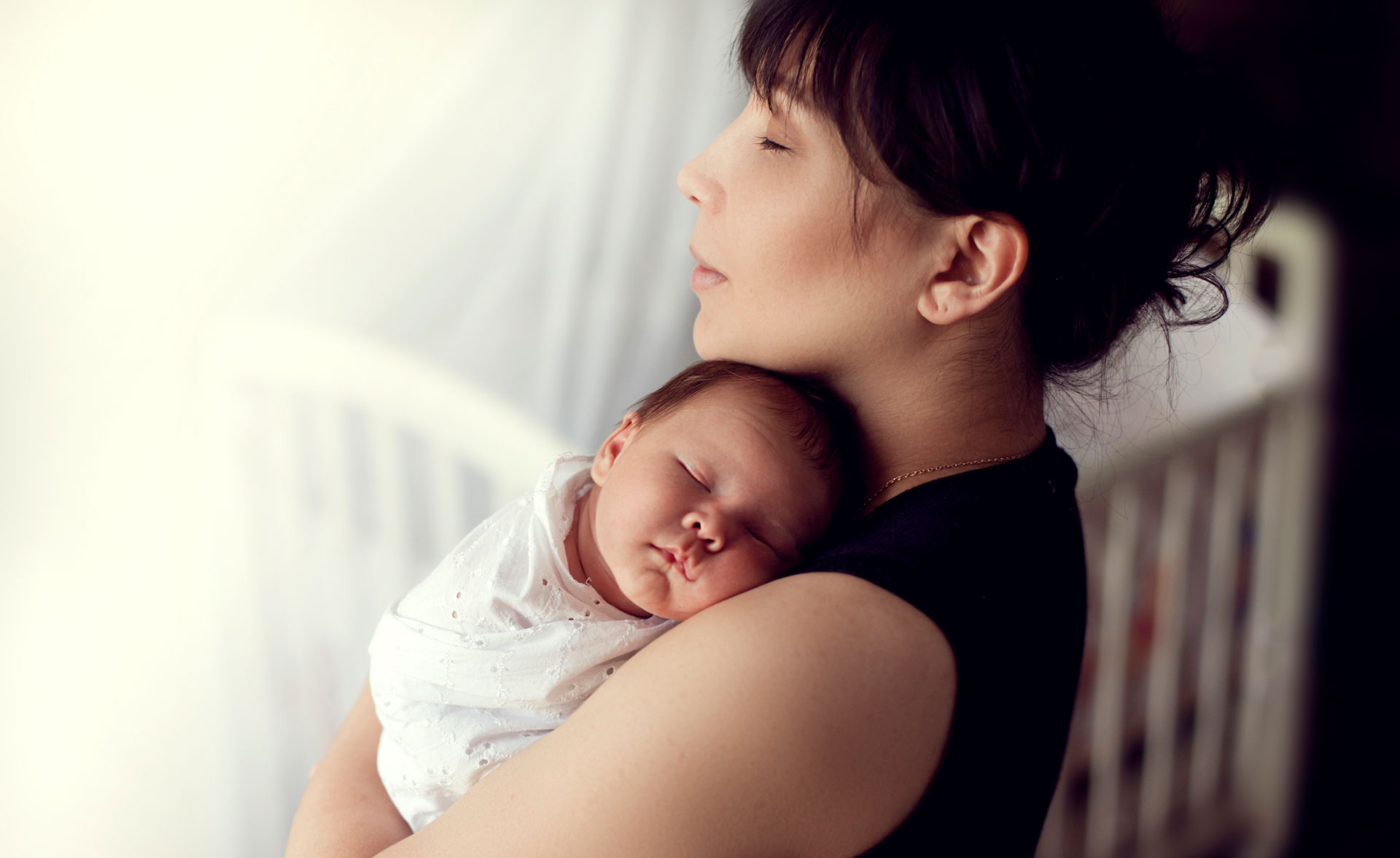-
Nothing quite prepares you for becoming a parent. Since your little one has arrived on the scene, your priorities have no doubt shifted from yourself to your child – keeping them safe, happy and watching with delight as they grow.
It’s no wonder then that you may feel uneasy if they seem to be crying a lot. While it’s true that it’s normal for babies to cry, you wouldn’t be blamed for wondering ‘how much is too much?’ We spoke to two experts on babies and crying to get the facts straight on what should be considered routine, and when to see a doctor.
Why babies cry
While they don’t have the power of speech, crying is a baby’s main form of communication. It doesn’t always mean they are unwell or something is seriously wrong. General Paediatrician Dr. Daniel Golshevsky tells us, “There are numerous reasons why babies cry, but by far the most common reasons are: hunger, being over-tired, temperament and delays in the development of self-soothing.
“Other reasons may be symptoms related — like a food intolerance, wind and discomfort, or poorly controlled eczema causing an itch.” Registered Midwife and Medibank Health Concierge Bess Bennett-Hol adds that babies will sometimes cry if they feel uncertain, scared or overwhelmed.
MORE: How to calm a restless baby
What is a ‘normal’ amount of crying?
When it comes to what should be considered ‘normal’, that can all depend on the baby in question. Bess says, “All babies have their own personalities, and some may cry more than others. However, it can be quite normal for babies to cry 2-3 hours in total over a full day.”
Most babies’ crying reaches a peak at about six weeks of age, and reduces from there. And tend to be more upset in the afternoons and early evenings.
However, some babies can be particularly unsettled, despite the fact there are no obvious physical or medical causes. This is often referred to as colic. If you’re wondering if your baby may be experiencing colic, remember the rule of threes. Dr. Golshevsky says: “The definition of colic is crying for more than 3 hours per day, more than 3 days per week, for a 3 week period.”
When should you seek help?
Sometimes babies cry because they’re tired, hungry or uncomfortable, but they can also cry when they are unwell.
“Situations where it’s important to seek medical advice would be if your baby is not feeding well, if they have less wet nappies than usual, they seem sick or unwell, the sound of their cry is different from usual or your baby has other symptoms such as a rash, trouble with their breathing, vomiting, diarrhoea or a fever,” says Bess.
“It is important to remember that you know your baby best, so if you are concerned that they seem unwell, see your doctor.” .
If your baby is crying excessively, and may have colic, Dr Golshevsky advises seeing an experienced GP or pediatrician as soon as possible . “Do not just 'ride it out' and wait for them to get older, this is not necessary and not much fun! There are often very subtle changes that make a huge difference.”
“When assessing a baby for excessive crying, the first thing I focus on is the infant-parent relationship, as this can be strained by the lack of sleep and the stress associated with an unsettled baby. After this, I will analyse the baby's feeding, bathing and sleeping - as well as the handling techniques of the parents or caregivers.”
Coping when your baby won’t stop crying
Sometimes, despite your best efforts your baby may not settle, which can be stressful.
“Remind yourself you are doing all you can for your baby and it won’t last forever. Phone a friend or a support person to help you out, or reach out to a health professional or support line,” says Bess.
Bess also reminds us that when it comes to cuddling a crying baby, don’t be afraid you’ll overdo it: “You cannot ‘spoil’ a baby for cuddling or comforting them too much, babies only cry when they need something from us. When you respond quickly to your babies cries you are letting them know that they are safe and you are there for them”
Is my baby crying too much?

-
How to introduce allergy foods
A guide to weaning and allergies
-
Immunisation 101: everything you need to know
Make sure your baby is fully immunised
-
The partner’s guide to breastfeeding
How you can help with breastfeeding
-
Bringing home a new baby during a pandemic
Bringing home a new baby is an exciting yet challenging time.
-
Your new baby admin checklist
A simple guide to ticking off all the paperwork for your new baby.
-
Getting in a routine with your new baby
Paediatrician Professor Harriet Hiscock shares some advice for adjusting to life with your little one, from feeding to sleeping to checking in with yourself.
Subscribe to receive the best from Live Better every week. Healthy recipes, exercise tips and activities, offers and promotions – everything to help you eat, move and feel better.
By clicking sign up I understand and agree to Medibank's privacy policy






